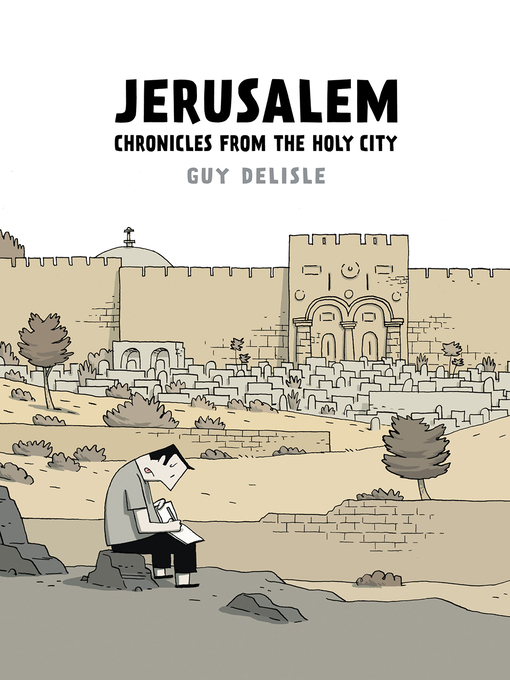- All Fiction
- Available Now
- Romance
- Mystery & Thrillers
- Literature
- Historical Fiction
- Hard SciFi
- Science Fiction & Fantasy
- See all ebook fiction collections
- All Nonfiction
- Available Now
- Biography
- History
- Cooking & Food
- Business
- Self-Improvement
- Health & Fitness
- Popular Science
- See all ebook nonfiction collections



